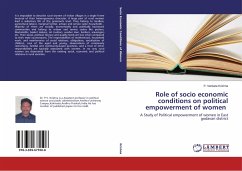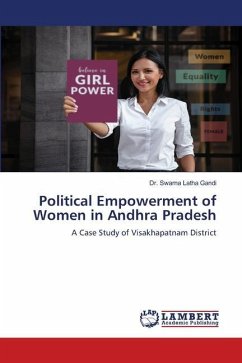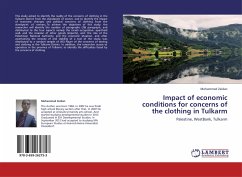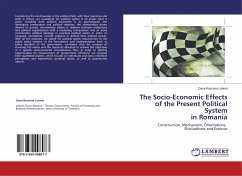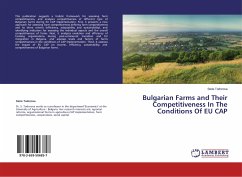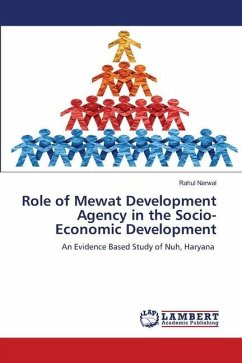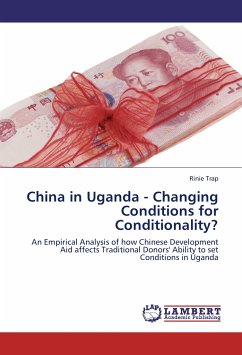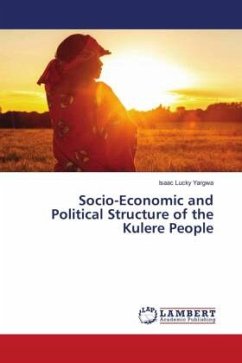It is impossible to describe rural women of Indian villages in a single frame because of their heterogeneous character. A large part of rural women lead a sedentary life at the grassroots level. They belong to landless, agricultural labour, marginal farmer, artisan and service caste households . Majority of them are socially, economically and politically backward communities and belong to artisan and service castes like potters, blacksmiths, basket makers, oil crushers, washer men, barbers, scavengers etc. Their social, political, literacy and quality levels are low when compared to their male counterparts. The responsibilities of motherhood, household work, and maintenance of social relations, obligations, socialization of children, care of the aged and young, observations of community restrictions, familial and community-based practices, and a host of other responsibilities are typically associated with women. In no way rural women are dissociated from the existing social, economic and political relations in rural societies.

